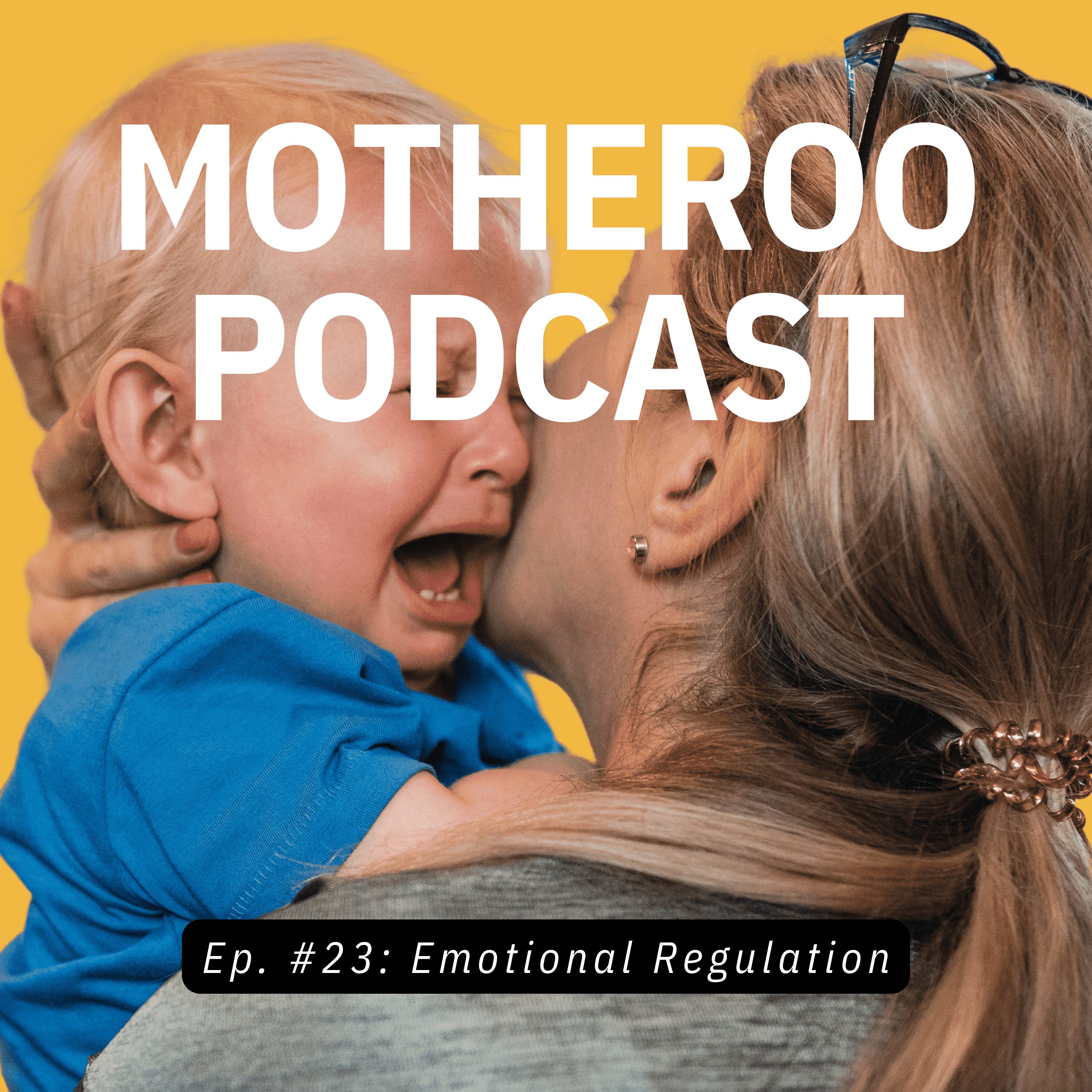Effective parenting practices are crucial for the healthy development of children. Among the various strategies, the “Break Down method” emphasizes calming children before addressing their behavior. This approach aligns with several evidence-based parenting techniques that focus on emotional regulation, authoritative parenting, and positive reinforcement. This article reviews relevant research to provide a comprehensive understanding of these principles and their impact on child behavior and development.
Core Principles of Effective Parenting
1. Emotional Regulation
Emotional regulation is a foundational aspect of effective parenting. Studies have shown that children develop better emotional competence when parents are sensitive and supportive of their emotions. For instance, Havighurst et al. (2010) found that training parents to tune into their own and their children’s emotions significantly improved emotional awareness and regulation, leading to reductions in child behavior problems[2]. Similarly, Morris et al. (2017) demonstrated that emotional support from parents is associated with improved emotion regulation in children[3].
2. Authoritative Parenting
Authoritative parenting, characterized by high responsiveness and high demands, is consistently linked to positive child outcomes. Research indicates that authoritative parenting is significantly correlated with better emotional regulation and recognition of emotions in both parents and children[3]. This parenting style promotes a secure parent-child relationship, which helps children freely express and regulate their emotions, contributing to their overall emotional competence.
3. Positive Reinforcement and Assertive Discipline
Positive reinforcement and assertive discipline are key techniques in promoting desirable behavior in children. According to the principles of positive parenting, creating a positive learning environment and using assertive discipline help in encouraging good behavior while maintaining a nurturing relationship with the child[4]. These techniques involve setting clear expectations, providing consistent feedback, and reinforcing positive behaviors through praise and rewards.
The Break Down Method
The “Break Down method” likely incorporates these core principles to correct children’s behavior effectively. By focusing on calming children first, this method ensures that they are in a receptive state to learn and understand the consequences of their actions. Here are the potential components of the Break Down method based on existing research:
1. Calming Techniques
Implementing calming techniques such as deep breathing, taking breaks, or using soothing words can help children transition from a heightened emotional state to a calmer one. This aligns with the findings that emotional regulation in parents can positively influence children’s ability to manage their emotions[3].
2. Empathy and Connection
Building an empathetic connection with the child is crucial. Understanding the child’s emotional state and addressing their needs fosters a supportive environment. This approach is supported by research indicating that sensitive and responsive parenting leads to better emotional and behavioral outcomes in children[5].
3. Structured Guidance
Providing clear and consistent guidance helps children understand the expectations and consequences of their behavior. This involves setting realistic expectations and using assertive discipline techniques to reinforce positive behavior, as highlighted in the principles of positive parenting[4].
Conclusion
The Break Down method, by focusing on emotional regulation, empathy, and structured guidance, aligns with evidence-based parenting practices that promote healthy child development. Research consistently supports the effectiveness of these principles in improving children’s emotional competence and behavior. By calming children first and then addressing their behavior, parents can create a nurturing environment that fosters positive growth and development.
References
- Havighurst, S. S., et al. (2010). Training parents to tune in to their own and their children’s emotions: Effects on parent emotion awareness and regulation. Journal of Family Psychology, 24(3), 320-328.
- Morris, A. S., et al. (2017). The role of emotional support in children’s emotion regulation. Developmental Psychology, 53(3), 1-10.
- Brotman, L. M., et al. (2005). The Incredible Years Program: Effects on parenting practices and children’s social competence. Journal of Child Psychology and Psychiatry, 46(7), 1057-1064.
- Sanders, M. R. (2017). The Power of Positive Parenting: Transforming the Lives of Children, Parents, and Communities Using the Triple P System. Oxford University Press.
- Elmore, C. A., & Gaylord-Harden, N. K. (2013). The influence of supportive parenting on African American youth behavioral outcomes. Journal of Child and Family Studies, 22(1), 63-75.
Citations:
[1] https://pplx-res.cloudinary.com/image/upload/v1721751094/user_uploads/btmimhisd/image.jpg
[2] https://www.ncbi.nlm.nih.gov/books/NBK402020/
[3] https://www.ncbi.nlm.nih.gov/pmc/articles/PMC8918443/
[4] https://academic.oup.com/book/1250/chapter-abstract/140180334?login=false&redirectedFrom=fulltext
[5] https://www.ncbi.nlm.nih.gov/pmc/articles/PMC9678477/












